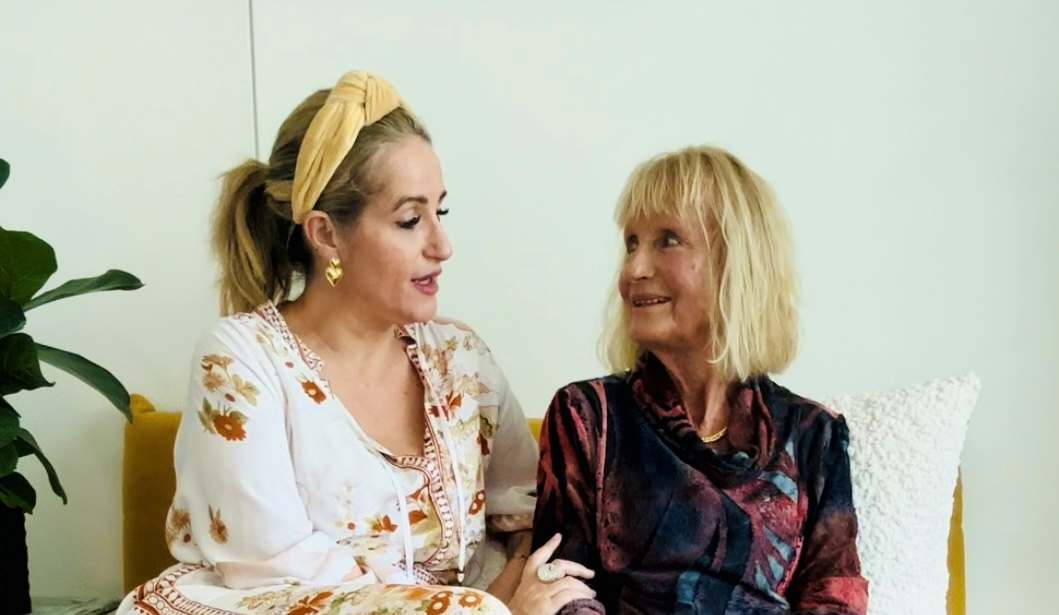
Seniors experience a range of health conditions as they age, including mental health conditions and emotional challenges. It’s crucial to treat both physical and emotional health issues to ensure our elderly loved ones are effectively supported. The four most common emotional challenges that the elderly face are:
- Loss of independence
- Cognitive decline
- Social isolation
- Change and the unknown
With the right support from family, friends, carers and medical professionals, seniors can overcome these challenges and enjoy their later years at home or in an aged care home.
Loss of independence
After a lifetime of independence, it’s not surprising that a loss of independence may affect a senior’s mental and emotional health. Elderly people experience a wide range of emotions when they begin to lose their independence, especially when they need help to do everyday tasks or are unable to do the things they love. You may find your loved one experiences one or more of the following emotions:
- Sadness
- Anger
- Resentment
- Jealousy
- Regret
The elderly often become combative or shut down as a result of these emotional challenges. Their feelings can be exacerbated when they need to give up their home, after working so long for it, and move into an aged care facility.
One way to support seniors’ mental health as they age is to help them maintain as much independence as they can for as long as possible. Instead of an aged care facility, they might prefer home care assistance, which provides support while enabling them to remain at home. Read more about the different types of home care here.
Aged Care Decisions offer a free service to help you and your loved one find the right aged care solution, if loss of independence is becoming a major issue. Get in touch with one of our aged care specialists through our easy online form or call 1300 775 870.
Cognitive decline
Dementia and other forms of cognitive decline present significant mental health challenges to the elderly. If your loved one suffers from cognitive decline, they are at higher risk for mental health disorders, like depression and anxiety. They may also be easily agitated and quite combative as a result of their frustration.
It’s important to book your loved one in to see their doctor if you notice any cognitive decline that affects their mental health. That way, their doctor can assess and refer them to a mental health professional if appropriate.
Dementia
Seniors with dementia face additional challenges that can significantly impact their mental health and quality of life. Professional dementia care offers the right type of support to delay the onset of dementia and lessen the impact it has on their daily life. The elderly can access specialised dementia care both in home and in an aged care facility.
Looking for aged care?
Get a customised list of aged care options
Social isolation
It’s common for seniors to become socially isolated, which can lead to loneliness and depression. This happens through a variety of circumstances, for example:
- Their spouse passes away.
This can be particularly hard when all they have known for the last few decades is life with their partner. - Adult children move away.
This can often cause them to miss the interaction with their children and grandchildren. - Friends and family either move away or pass away.
A diminishing social network can add to the feeling of isolation. - They become less mobile.
Mobility issues can prevent the elderly from leaving the house, preventing them from attending social outings.
These changes can significantly impact an elderly person’s emotional health. You can help encourage social interaction by taking your loved one out of the house, whether it be to do their shopping, go for a walk, visit a friend or attend a social function. The more they feel a part of their social network, the better their mental health will be and the less lonely they will feel.
Another way to improve seniors’ health and minimise loneliness is to get them a pet. Of course, this will depend on their situation, so it’s important to assess their needs, level of independence and ability to care for an animal. Read more about the benefits of pets here.
Change and the unknown
Most of us fear the unknown at some point, so it’s normal for seniors to experience fear when facing significant change in their day-to-day lives as they get older. Seniors with chronic or severe health conditions are at higher risk of developing anxiety and fear of the future.
Seniors most commonly experience fear of the unknown when entering aged care. You can help alleviate an elderly relative’s fears somewhat by:
- Involving them in the aged care decision-making process
- Taking the time to answer their questions and talk about the details
- Asking them about their needs and preferences
- Being there to provide support when they need it
- Encouraging them to try new things, like respite care, that may create opportunities to improve their mental health
- Addressing their fears, while remaining positive by sharing the benefits of aged care
- Seeking professional medical support for them when necessary
Cognitive behavioural therapy can help improve elderly health by reducing anxiety and depression and encouraging emotional wellbeing. A visit to their doctor can help determine whether they will benefit from seeing a mental health professional or whether medication might help.
Supporting elderly health
Elderly health is multifaceted, so it’s crucial to offer multidimensional support. Carers can best support seniors’ health by understanding both their physical and mental health conditions, particularly as they are often linked. Aged care can provide much needed assistance that enables independence, while ensuring your loved one receives the right type of care. Carers, doctors and other health professionals can offer comprehensive care that helps prepare seniors for the next stage in their aged care journey.
Aged Care Decisions offers a placement service that complements the support your loved one already receives. We provide information, answer your aged care questions and help you compare suitable aged care facilities and find an available placement, so you can help prepare an elderly relative for aged care. Call us on 1300 775 870 or complete our online form.












